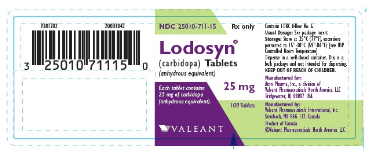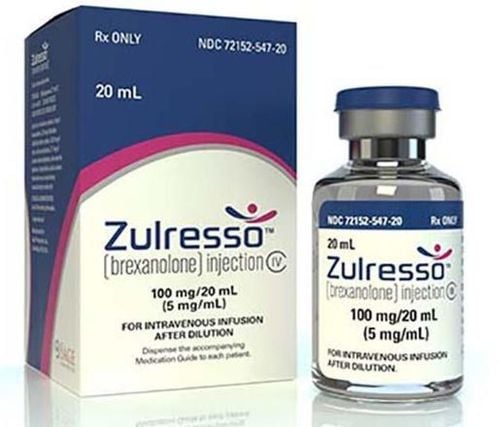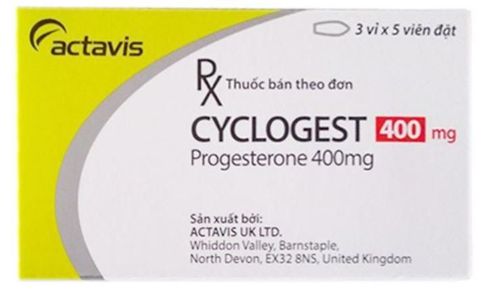This is an automatically translated article.
Postpartum depression is a matter of concern for many pregnant women because of its serious effects on both mother and baby. To test for postpartum depression, psychologists often perform the EPDS postpartum depression rating scale with 10 simple questions for pregnant women.1. Postpartum depression is on the rise in recent years
In foreign countries, especially developed countries, postpartum depression in women has been interested and studied for a long time. In Vietnam, this situation has gradually attracted attention to the mother's psychological problems before and after childbirth.Postpartum depression is a psychological state of fatigue, boredom, or anxiety of a mother after giving birth. The emotions of postpartum depression usually appear every day for about 2 weeks after the baby is born.
Postpartum depression is common in 15-20% of women during the first 6 months after giving birth. Mothers often have excessive low self-esteem due to body changes after giving birth, often feel anxious, restless, insecure...
In addition, the mother may also experience a condition. long-term sleep disturbance, memory loss, poor concentration, suicidal ideation or injury to yourself or your child. These symptoms range in severity from moderate to severe, may persist, and require postpartum depression counseling and aggressive treatment.
2. Why should postpartum depression counseling for pregnant women?
Postpartum depression is a psychological condition that needs attention and treatment because it can have short- and long-term effects on both mother and baby. Consequences of postpartum depression, if not treated, for the mother include a prolonged and possibly recurrent depression later in life.As for the baby, a mother with short-term depression is less likely to breastfeed, may be abused, neglected, or not cared for adequately. In the long term, the child may suffer from behavioral disorders, may be negatively affected by the mother's emotions, and the child may develop cognitively slower than other children.
Postpartum depression counseling helps mothers and family members know the risk of having postpartum depression and how to prevent postpartum depression from occurring. At the same time, there are measures to treat the mother if she has this condition, helping the mother soon overcome the difficult time after the baby is born.

Test trầm cảm sau sinh giúp người mẹ và người thân trong gia đình biết tình trạng của mẹ để sớm xử trí
3. Postpartum depression rating scale EPDS
Postpartum depression test is a measure of psychological assessment of women, based on which the doctor can advise the mother or family members about postpartum depression as well as find an appropriate treatment plan. unify.The Edinburgh Postnatal Depression Scale (EPDS) is recommended by the American College of Obstetricians and Gynecologists and includes: 10 questions, rated on a scale of 0-3 that increases in severity of symptoms. proof. The total score of the postpartum depression rating scale EPDS will help assess the level of depression of postpartum women.
Here are 10 EPDS postpartum depression test questions. The principle of taking this test is to choose the answer that best matches your feelings in the past week:
Question 1: You can laugh and consider events in a humorous way
Same as before now not as much as before Obviously there is a decrease now Almost impossible Question 2: You still get pleasure from things
Still the same as before Slightly less than before Clearly reduced from before Almost impossible Question 3: You Do you unnecessarily blame (blame) yourself when something goes wrong
Yes, always Yes, only occasionally Infrequently No, never Question 4: You whether or not you feel anxious or worried for no reason
Never Rarely Occasionally Frequently Question 5: Do you feel anxious or panicked for no reason
Almost not No, not very often Yes, sometimes Occasionally Yes, quite a few times Question 6: Things have become extremely difficult for you?
I'm still in control and can handle things I'm in control most of the time Sometimes I'm not in control as well as I used to I can barely control and handle the situation like before Question 7: You have used to feel so unhappy that it was hard to sleep
No at all Not often Yes, sometimes Yes, most of the time Question 8: Do you feel sad or unhappy
No, never Only occasionally Yes, quite often often Yes, most of the time Question 9: Have you ever felt sad, unhappy enough to cry
No, never Only occasionally Yes, quite often Yes, most of the time Question 10: Unusual thoughts hurt yourself ever appeared in your head?
Never Rarely Occasionally Yes, quite often After doing 10 questions, add up the total score of each answer you have chosen, if the total score is 13 or more then you are diagnosed as post-depression During childbirth, the mother should see a psychologist for advice and treatment according to the most appropriate regimen.

Test trầm cảm sau sinh có thể thực hiện ngay tại nhà
4. How to prevent postpartum depression from occurring?
In recent years, the psychological health care of pregnant women has only been paid attention and deployed, especially postpartum depression counseling is widely popularized to many pregnant women and their relatives.So how to limit possible postpartum depression? In addition to performing postpartum depression tests to help detect psychological instability of pregnant women early, here are some preventive measures you should know:
Increase vitamin B supplements such as vitamin B6 , B12, folic acid for pregnant women during pregnancy Gentle exercise such as walking, swimming or yoga during pregnancy and postpartum Pregnant women need to rest, get enough sleep, take advantage of this time Time your child to sleep to rest or ask a relative to take care of the child if you feel tired. Drink plenty of water to avoid dehydration, which causes stress for the mother. Share how you feel if you are worried, don't try to hide it. Relatives and friends should also pay more attention to the feelings of women after giving birth because this is a time when it is easy to have negative thoughts. And finally, don't blame yourself, the mother is also the object that needs to be taken care of, not only the baby. If you have any difficulties, ask for help from relatives and friends, don't embrace those problems alone, it will eventually cause depression. The Psychology Clinic - Vinmec International General Hospital officially came into operation in April 2019, has the function of examining, consulting and outpatient treatment of psychological problems and psychological health. With modern equipment, Vinmec Psychological Clinic is currently cooperating with experienced professors and experts:
MSc. Doctor Nguyen Van Phi - Psychologist, Vinmec Times City International Hospital: with 7 years of experience working as a lecturer in Psychiatry - Hanoi Medical University, Doctor psychiatry at Hanoi Medical University Hospital & Central Geriatric Hospital. MSc. Dr. Pham Thanh Luan - Psychologist, Vinmec Times City International Hospital: with 5 years of experience in research, examination and treatment of Psychiatric diseases, trained at prestigious universities trust, practice in-depth expertise in the French Republic. MSc. Doctor Nguyen Trong Hien - Psychologist, Vinmec Times City International Hospital: with 6 years as a lecturer in the Department of Psychiatry - Hanoi Medical University and Central Geriatric Hospital, together with Dr. Experience in research, examination and treatment of diseases in Psychiatry such as: emotional disorders, stress-related disorders and body dysmorphic disorders, developmental disorders in children, adolescents & childbirth .... Along with the implementation of psychological tests, intensive psychotherapy for diagnosis and treatment, in order to bring the best medical examination and treatment effect.
Please dial HOTLINE for more information or register for an appointment HERE. Download MyVinmec app to make appointments faster and to manage your bookings easily.













